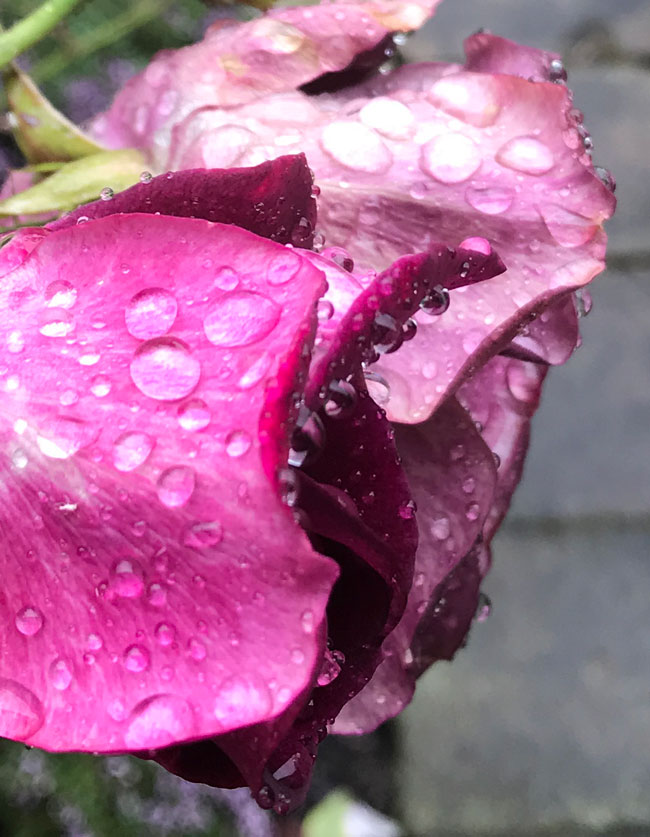Kia ora Koutou,
I was involved with the online launch of I Will Not Cede, a collection of poems by the late Heather McPherson (pub Spiral) last Sunday. It made me reflect how often, through the centuries, we have gathered to hear poets speak their words, writers read their stories, groups act out their experiences or to listen to someone tell us about a poet and her work. We have sat around campfires, by the lights of candles, under the latest modern lighting systems, and in the darkened auditorium.
It seems something deep inside us likes the feeling of gathering together to show our love and respect for those whose placement and arrangement of words has touched something deep inside us. As humans we respond to these skills. The success of weekend gatherings like next weekend’s Featherston Booktown, which presents writers in conversation and as presenters, is another example of this.
Think of people in the time of Charles Dickens, gathering in groups outside the newspaper office on the day his latest weekly chapter was published, someone grabbing the still warm paper, giving it quickly to the one who could read, who then read out loud the latest chapter of say, Great Expectations or Nicholas Nickleby, to the eager group of listeners. The listeners would gasp, laugh, look horrified when the villain was creeping around doing his evil deeds, or clap their hands and cheer when the ending was happy. They walked away afterwards shaking their head or smiling or looking anxious. Dickens was a master of the old maxim — Make ‘em wait, Make ‘em wait, Make ‘em wait ’ — and his chapters often end at a point where that group of listeners could speculate about what might happen next. The characters, Bill Sikes (or Sykes), Mr Squeers (so scary I have never been able to read Nicholas Nickleby since), Miss Haversham, Joe Gargery, and all the others became real people – what would happen to them? What would they do next? Would Good triumph over Evil? Would the innocent young (and sometimes rather dull) young maiden, be swept up into the villains’s clutches, or would she end happily in the (heroic but sometimes deadly dull) hero’s arms, looking forward to a deadly dull but somehow blissful future…?
We forget that only people who could read would buy or borrow Jane Eyre (Charlotte Bronte) or Middlemarch (George Eliot). This left the rest of us reliant on the kindness or goodwill of others. When I was a kid and up until I was around twenty I often came across people who could not read. The man who had to get his daughter (still at school) to read him the latest Best Bets so he would know which number to say to the bookie. And the woman whose eyesight had been damaged from hours of sewing and knitting by candlelight whose two daughters took it in turns to read her the romance novels she loved.
It was not until reading was taught to everyone that novels, newspapers, nonfiction became truly available. And then along came Films and TV so if you wanted to, you could cut out reading altogether. Even now there are those among us who cannot read as the people who go into prisons and teach reading will testify. If you can’t read, you can’t get a driver’s licence. Think about that. What it does to the person who has probably already got strikes against them in terms of a warm home and a decent income.
From way back, poets, lyricists, writers of fact and fiction, have made us sing and lightened our mood because although they show us inequities and painful circumstances, they also make us smile — sometimes they bring tears to our eyes and other times they make us dance — but possibly the best times are those when a crowd of us gather together to pay homage to a writer who arranged words in a way that made and makes us think, laugh, act — smile and remember. Thank you Heather for being one of those.
Renée

